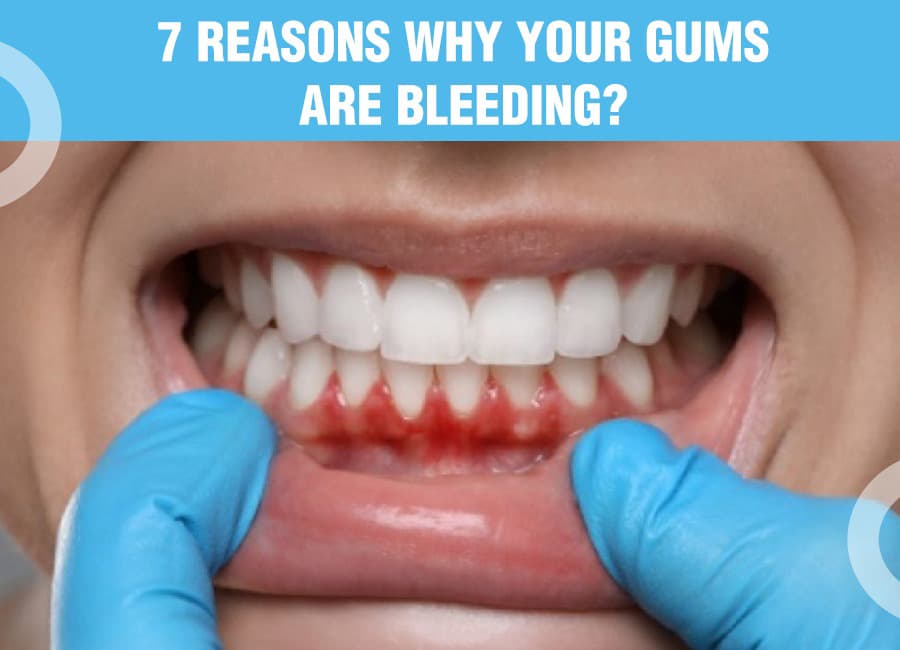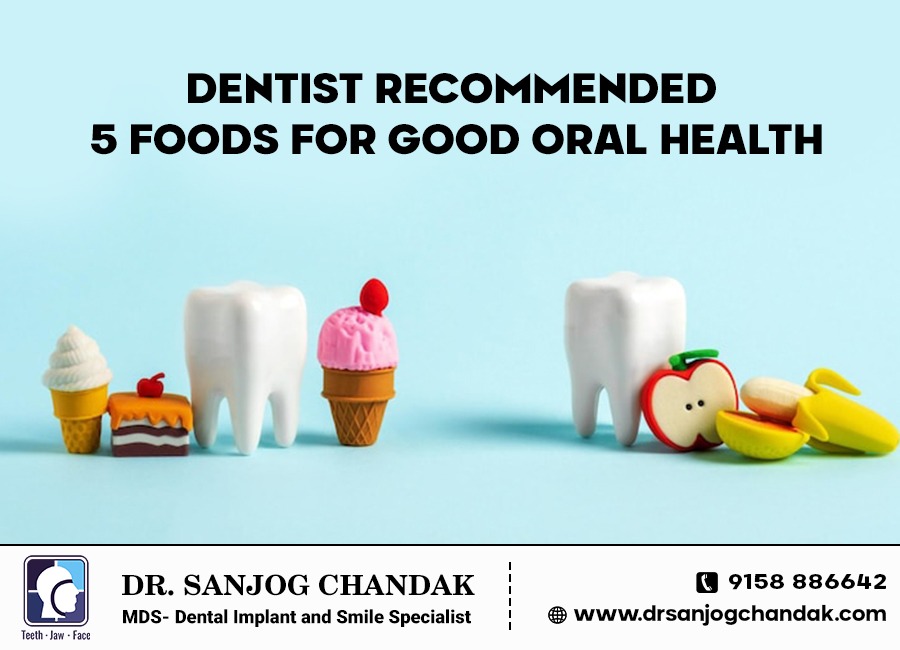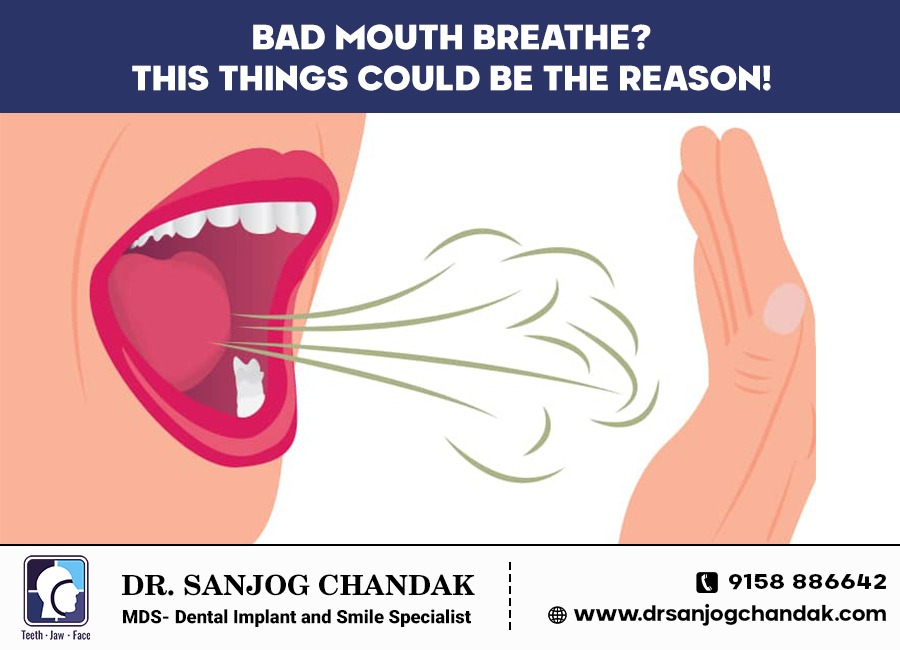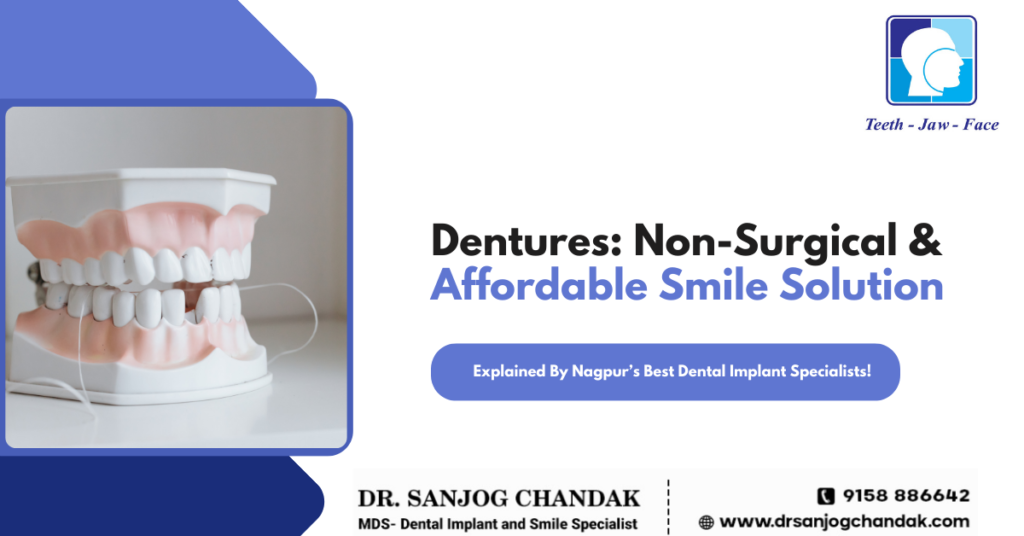Have you ever noticed a pinkish tint when you spit after brushing? Or seen blood on your dental floss? Bleeding gums may seem minor, but they are often a warning sign that your oral health needs attention.
As a dentist at our dental clinic in Nagpur, I often see patients ignore early gum bleeding, thinking it’s normal. But the truth is, bleeding gums are your body’s way of saying something is off.
Let’s break down the top 7 causes of bleeding gums and what you can do to stop them before they turn into something serious.
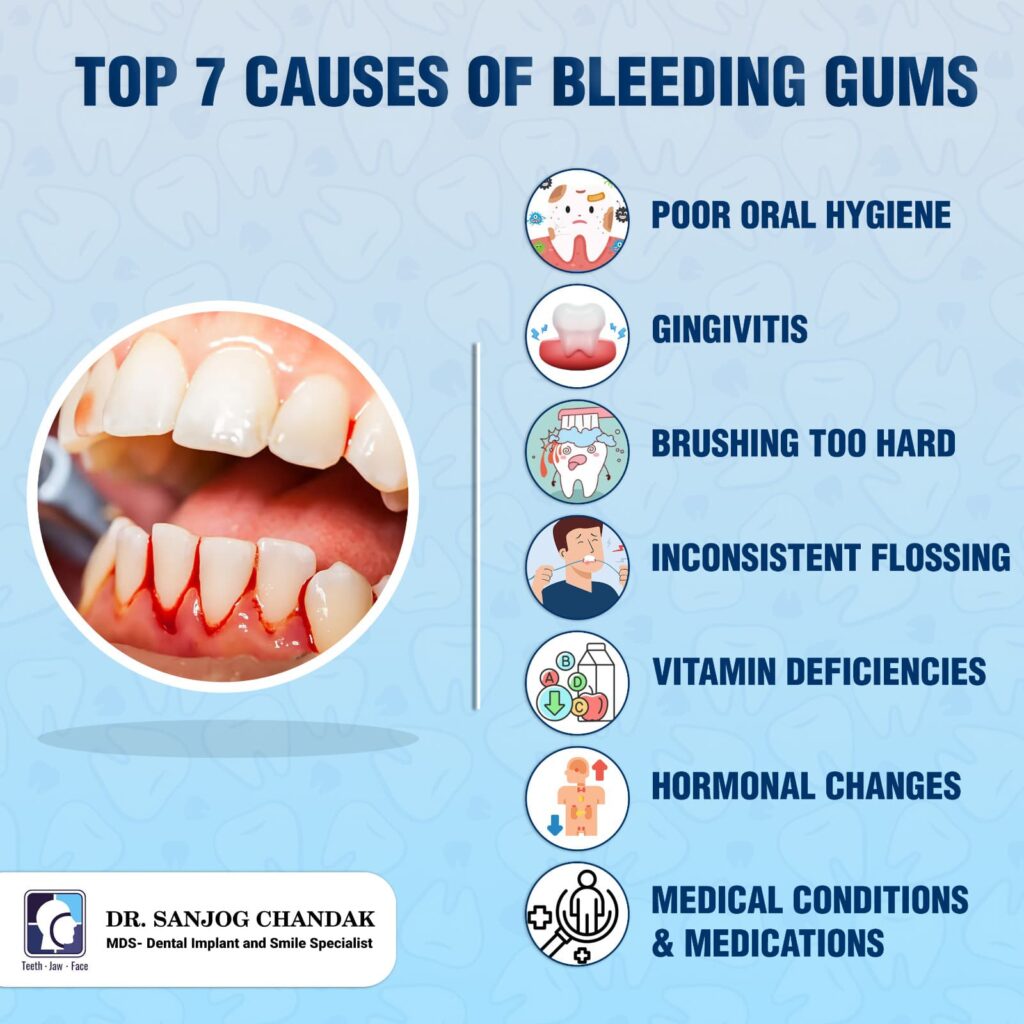
1. Poor Oral Hygiene
Let’s start with the most common reason: not brushing or flossing properly. When you don’t clean your teeth and gums well, plaque builds up. Over time, this sticky film hardens into tartar, irritating the gums and causing them to bleed.
What you can do:
Brush twice a day for at least 2 minutes and floss daily. Use a soft-bristled toothbrush and gentle motions to avoid harming your gums.
2. Gingivitis – The Early Stage of Gum Disease
Gingivitis is a mild, early form of gum disease caused by plaque buildup. Bleeding gums, swelling, and redness are common signs. If left untreated, gingivitis can progress into periodontitis, a more serious infection that can lead to tooth loss.
Losing teeth doesn’t just affect your smile; it can also impact your chewing ability, facial structure, and self-confidence. Read how missing teeth affect your health.
What you can do:
Gingivitis is reversible. Professional cleaning by a dentist, combined with good oral care at home, can restore healthy gums.
3. Brushing Aggressively
Sometimes, the problem isn’t poor hygiene but aggressive hygiene. Brushing your teeth too hard or using a hard-bristled brush can injure your gums, causing them to bleed.
What you can do:
Switch to a soft-bristled toothbrush and use light, circular motions. Think of brushing as massaging your gums, not scrubbing them.
4. Flossing for the First Time (or Inconsistently)
If you’ve just started flossing or do it irregularly, your gums might bleed. That’s because your gums aren’t used to the motion, and the bacteria hiding between your teeth may already be causing inflammation and may cause tooth loss (video below explains well).
What you can do:
Don’t stop! Bleeding should reduce within a few days of consistent, gentle flossing. If it doesn’t, it’s time to visit your dentist.
5. Vitamin Deficiencies
Lack of essential nutrients—especially vitamin C and vitamin K—can cause your gums to bleed easily. These vitamins help with collagen production and blood clotting, which are both vital for gum health.
What you can do:
Eat a balanced diet rich in leafy greens, citrus fruits, and vegetables. If needed, ask your doctor about supplements.
6. Hormonal Changes
Hormonal shifts during pregnancy, menstruation, or menopause can make gums more sensitive and prone to bleeding. This is often referred to as “pregnancy gingivitis.”
What you can do:
Maintain excellent oral hygiene, and don’t skip dental checkups during these phases. Let your dentist know if you’re pregnant or experiencing hormonal changes.
7. Medical Conditions or Medications
Certain conditions, like diabetes, leukemia, or blood disorders, can cause bleeding gums. Likewise, medications like blood thinners (aspirin, warfarin) reduce the blood’s ability to clot, making bleeding more likely, even from minor gum irritation.
What you can do:
Never ignore persistent bleeding gums. Let your dentist know if you’re on medications or have a medical condition. They’ll work with your physician to provide the best care plan.
When Should You See a Dentist?
Occasional bleeding gums may not seem urgent, but persistent bleeding, swelling, or bad breath can indicate something more serious. Early detection is key in preventing irreversible gum damage and tooth loss.
You should visit a dentist if:
- Your gums bleed regularly while brushing or flossing
- You notice swelling or tenderness
- There’s a change in the colour of your gums
- You have a metallic taste or bad breath that doesn’t go away
Final Thoughts: Don’t Ignore Bleeding Gums
Your gums are the foundation of your smile. When they bleed, they’re trying to tell you something. Whether it’s poor brushing habits, vitamin deficiency, or an early sign of gum disease, bleeding gums shouldn’t be ignored.
The good news? In most cases, bleeding gums are reversible with timely care. So, take that bleeding seriously, because a healthy smile begins with healthy gums.
Need help with bleeding gums or a dental implant in Nagpur?
Dial us at 91588 86642 & schedule your consultation today and let a dental expert guide you back to gum health.

